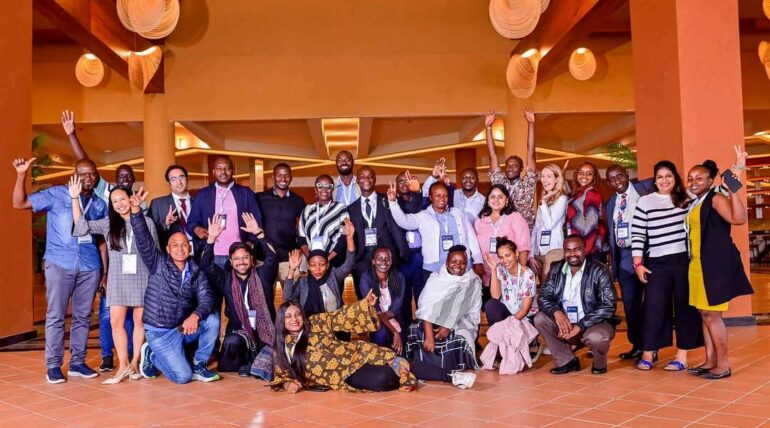
May 30, 2024
- seedfoundation
- 1 Comment on Study Tour: Reflections from Global Schools Forum Secondary Education Tour in Uganda
Global Schools Forum (GSF) brought together 22 participants from 14 organisations across 8 countries between 23rd – 26th April 2024 in Uganda to discuss what it means to deliver quality, inclusive secondary education for all. SEED Care & Support Foundation was represented by our Founder/Executive Director, Olanrewaju Oniyitan.
-
GSF's Secondary Education
Study Tour Reflection Report.2.3MB DOWNLOAD
Why was the Secondary Education Study Tour important to SEED Care & Support Foundation?
SEED supports the affordable non-state education sector in Nigeria. Many children in low-income communities in Nigeria stop their education at the secondary level. We want to ensure quality education for these children translates into improved livelihoods for them.
The Study Tour offered a deep dive into Uganda’s secondary education landscape, providing an opportunity to explore the challenges and opportunities in the sector. Three host organisations graciously welcomed us into their learning spaces.
Host Organisation 1: BUILDING TOMORROW
We kicked off the school visits with Building Tomorrow – seeking to learn how we can support young children (especially those from low-income communities) to effectively transition into secondary school. Building Tomorrow (BT) runs a two-year fellowship program for fresh graduates. These fellows are trained and deployed to rural communities, focusing on promoting education access, retention, and foundational literacy through the Roots to Rise Program. In 2023 alone, Building Tomorrow reintegrated 36,000 out-of-school children and enrolled 179,000 learners in their camps, making a significant impact on education access and quality. Truly inspiring with so many lessons to adapt for our work.
Here are our Top 3 highlights:
1️⃣ The Power of Young People: Young Fellows each support four schools to develop school improvement plans, establish policies, set up clubs, ensure a safe and conducive learning environment, provide training to School Leaders, Teachers and Community Education Volunteers (CEVs), ensure “Roots to Rise” camps in school and communities happen, enrol learners for the camps, reintegrate out-of-school children back into school (including those with disabilities), collect data, tell stories,…and many more.
2️⃣ The Power of Remediation: Students who leave primary school without basic foundational skills will struggle at secondary school, and are more likely to drop out. Giving in-school and out-of-school children chances at improving through their Roots to Rise model (in school and in communities) based on Teaching at the Right Level (TaRL) is leading to enhanced learning outcomes for these primary school children before they transition. We witnessed the use of simple techniques like string syllables done on the classroom floor, by Tr. Hillary from Davula Primary School, Mityana.
3️⃣ The Power of Community: Building Tomorrow recognizes that they cannot influence the community, without involving the community. With their Community-Powered Learning model, Fellows recruit Community Education Volunteers (CEVs) to bridge the gap and simplify the remediation process by running community learning camps. They actively support in reintegrating out-of-school children back into school (including those with disabilities) as they are the ones that truly knows the families in the communities.
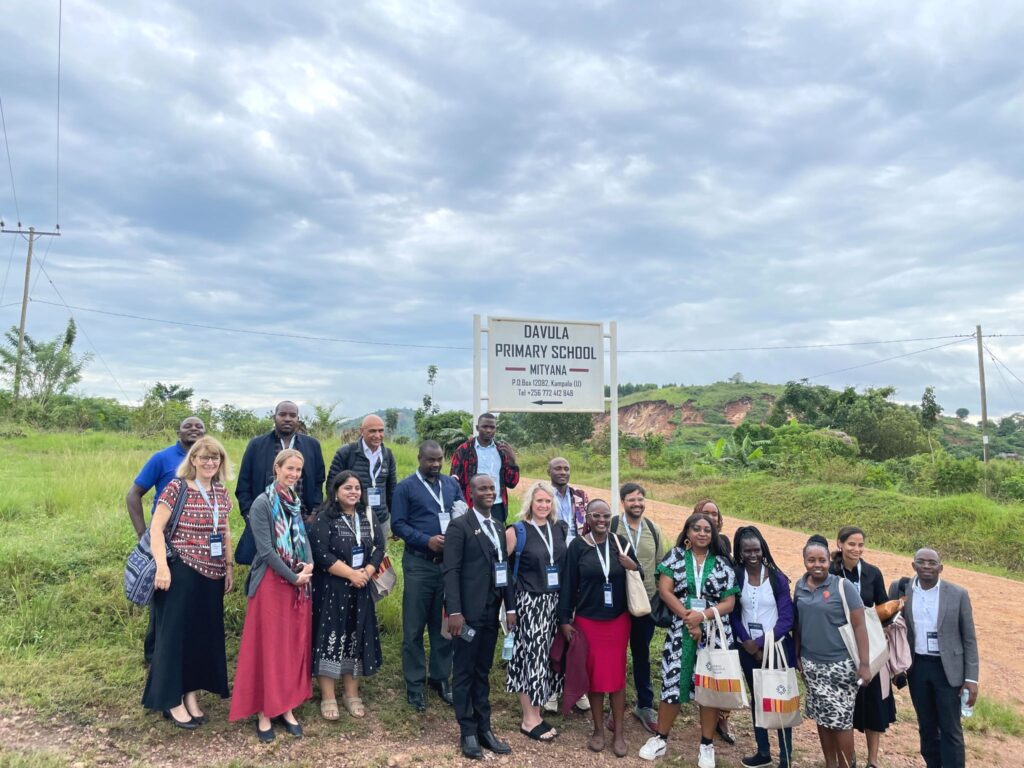
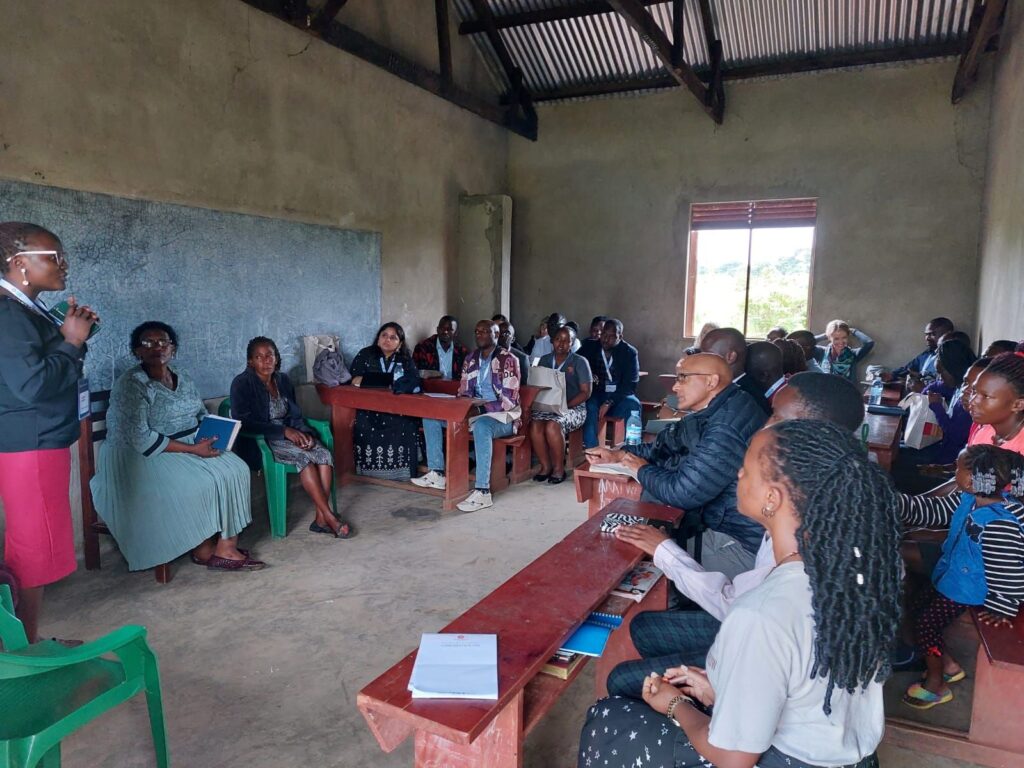
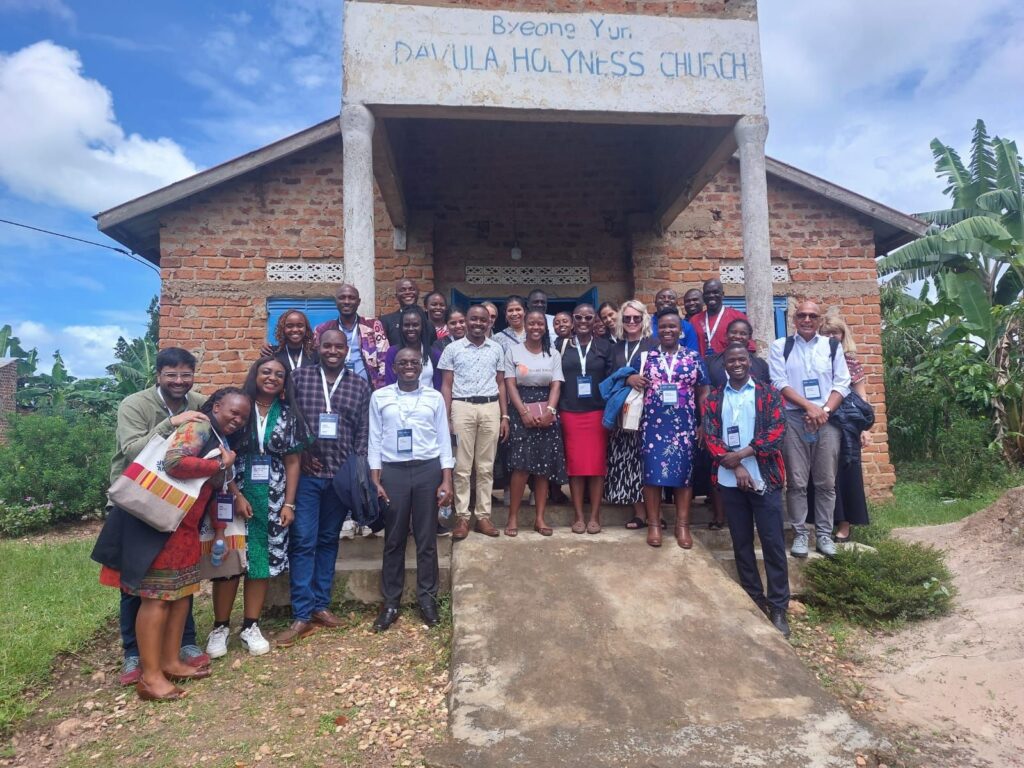
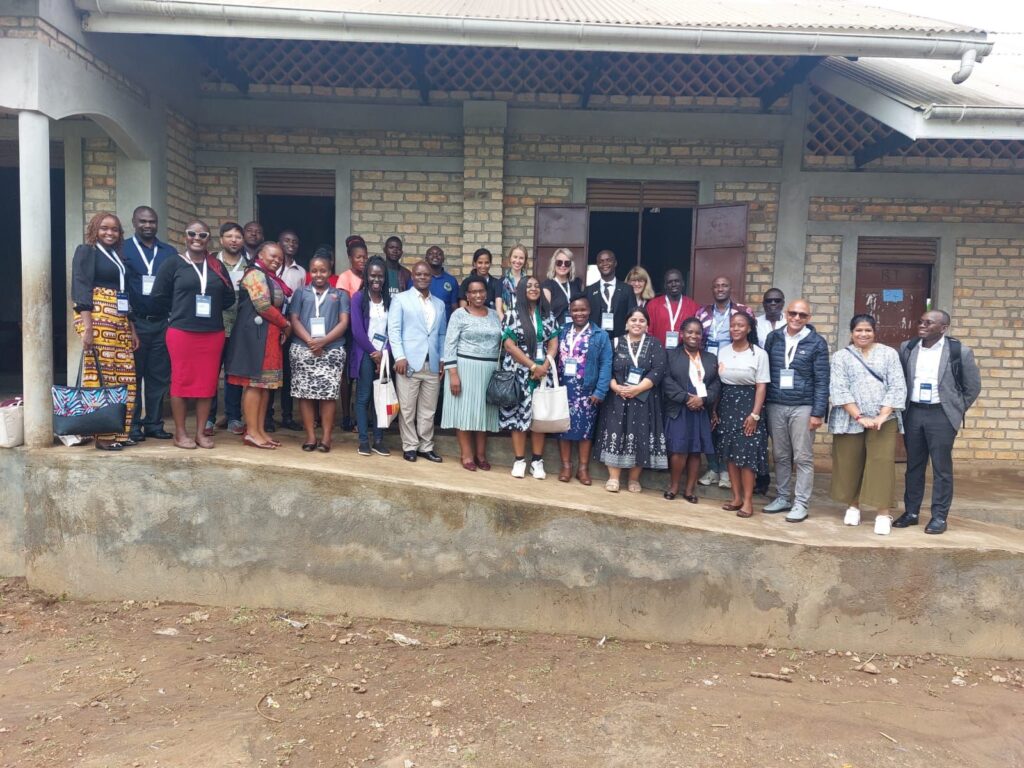
Host Organisation 2: PEAS (Promoting Equality in African Schools)
Access to and completion of secondary school is unequal in Uganda, with girls being at highest risk of not transitioning from primary school and also dropping out of secondary school. PEAS hosted the Study Tour cohort taking us to 2 different schools to showcase their two models:
- Wamatovu Muslim Secondary School – Inspect & Improve (systems strengthening for public & private secondary school model)
- PEAS Samling Nama School – School Network (the PEAS low-fee private secondary school model)
Here are the highlights of the P-E-A-S points we picked to take back to the SEED Care & Support Foundation Secondary School Community of Practice:
👉🏼 P-ractical
We were privileged to experience the exhibition of the skill-building projects done by the students, ranging from baking, tailoring, knitting, electrical, soap making, pottery, art, and many more. Even when our team did a lesson observation of a Physics class, it was practical with integration of videos to showcase the concept. In the focus group with the students, they all kept providing feedback about how PEAS is a school focused on “doing”.
👉🏼 E-quity
PEAS Samling Nama secondary school has an inclusive admission policy which ensure that no child is discriminated against based on their performance at the Primary Leaving Exams. PEAS, through its quality education, is able to ensure their students outperform their peers. They also provide gender inclusive career guidance to ensure girls are encouraged to pursue any career of their choice and break away from traditionally female-dominated roles or sectors.
👉🏼 A-ccess
PEAS really promotes access to secondary education with their low-fee payment model and boarding facilities for the schools in their network which attracts a large number of students from the local communities and beyond. Their support to public and private schools through the inspect & improve program is also leading to higher student enrolment and improved quality.
👉🏼 S-ustainability
Majority of the 30 schools run by PEAS despite their low-fees are self-sustaining in their operational costs. Running 30 secondary schools sustainably while ensuring quality standards across board by leveraging technology, people, processes, standards,… is really commendable.
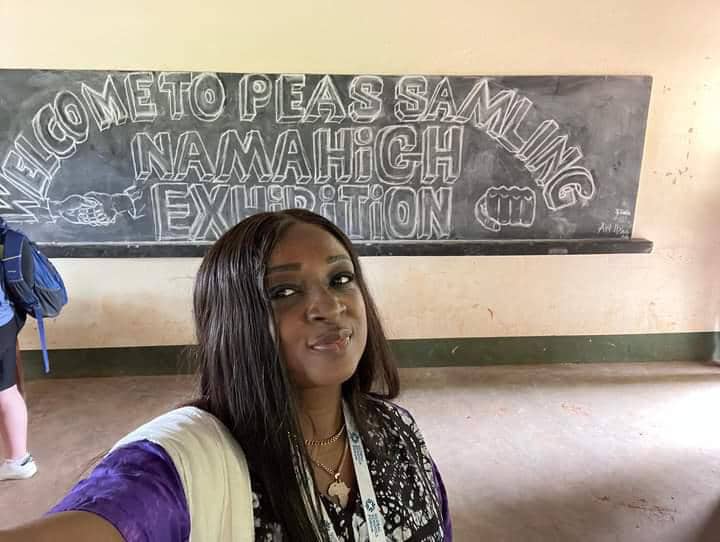
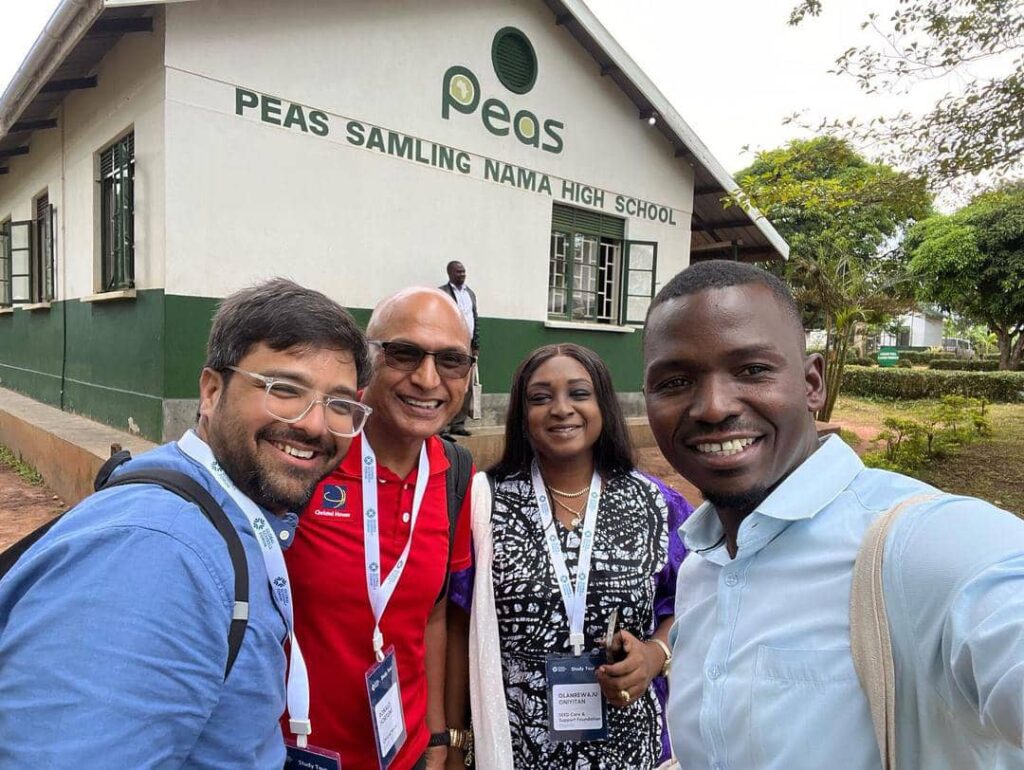
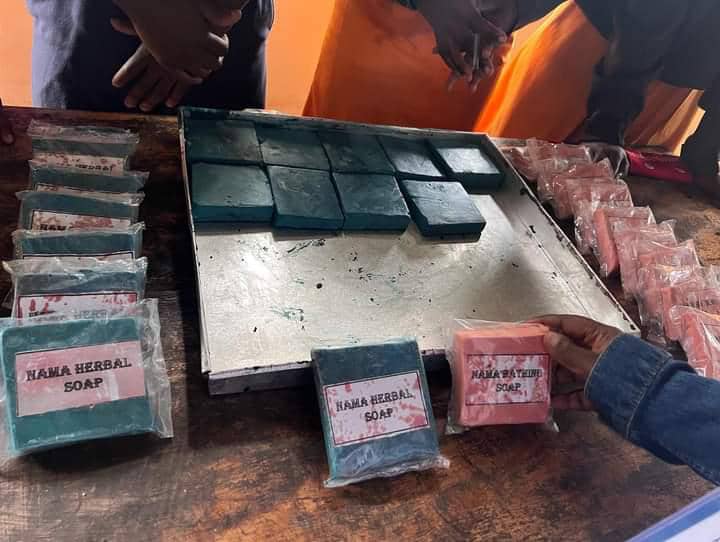
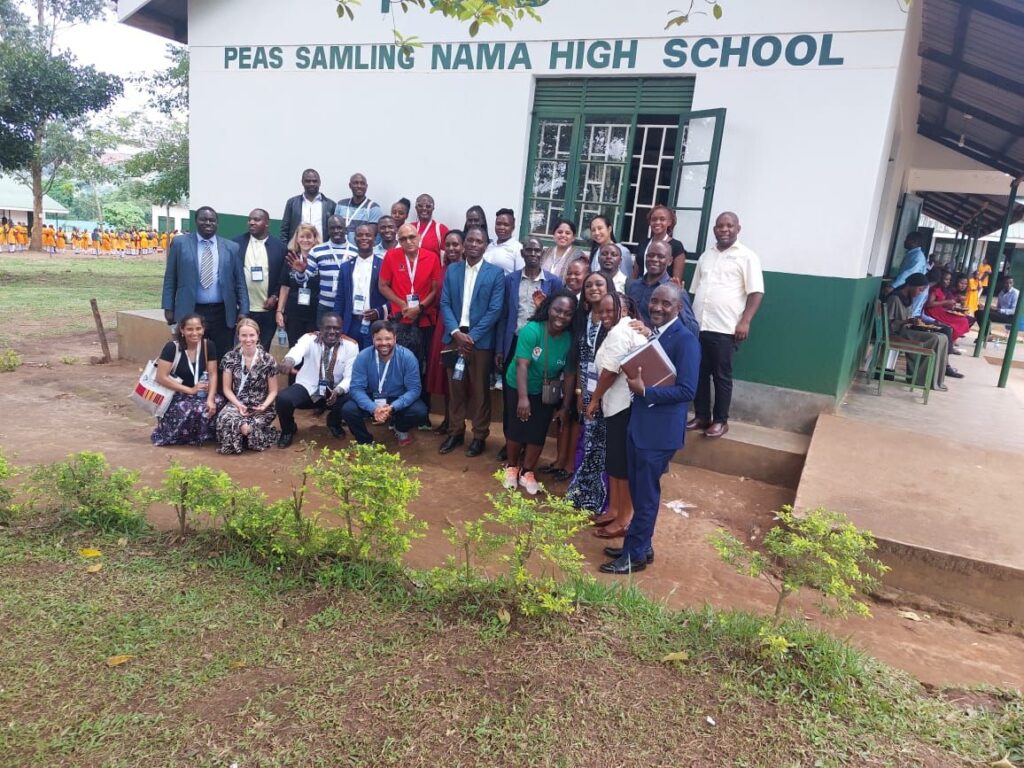
Host Organisation 3: SCHOOL FOR LIFE FOUNDATION
“Eliminating Poverty Through Affordable Quality Education” … the mission of Mbaazi Riverside High school (MRHS) in Mpigi District stood out so much. MRHS is one of the three schools run by School for Life Foundation, the final school visit during the Uganda Study Tour.
True to their school’s mission and the name of their foundation – School for LIFE, these Top 3 things blew our mind about their model which SEED Care & Support Foundation will be emulating:
1️⃣ Skills Development for Every Child: Each child in the school acquires at least one non-academic skill, some even get to acquire two to three – ranging from creative artwork, mushroom farming, poultry farming, and many more. Seeing these amazing innovative projects from the students was the highlight of the day.
2️⃣ Parental Engagement & Empowerment: With mostly low-income earners or unemployed parents in the school, the Foundation has an outreach programme to support these parents on financial literacy, savings, identifying alternative income streams to sustain their children in school and improve their livelihoods.
3️⃣ Systems-Strengthening: School For Life Foundation goes beyond their own three schools to supporting three government schools, ensuring children who are unable to get into their schools have quality education in the available government schools. The Foundation actively collaborates and partners with government, supporting these three government schools with leadership development and cost-sharing of the school feeding programme.
🌟 Another thing that stood out was the intentionality of the school design… from the rain water harvesting into massive storage tanks, classroom set-up, dormitories, the assembly ground, … it showed commitment to its mission. Indeed School for Life Foundation has created a model for ensuring a brighter future for students, their families, the community.. using quality education to eliminate poverty.
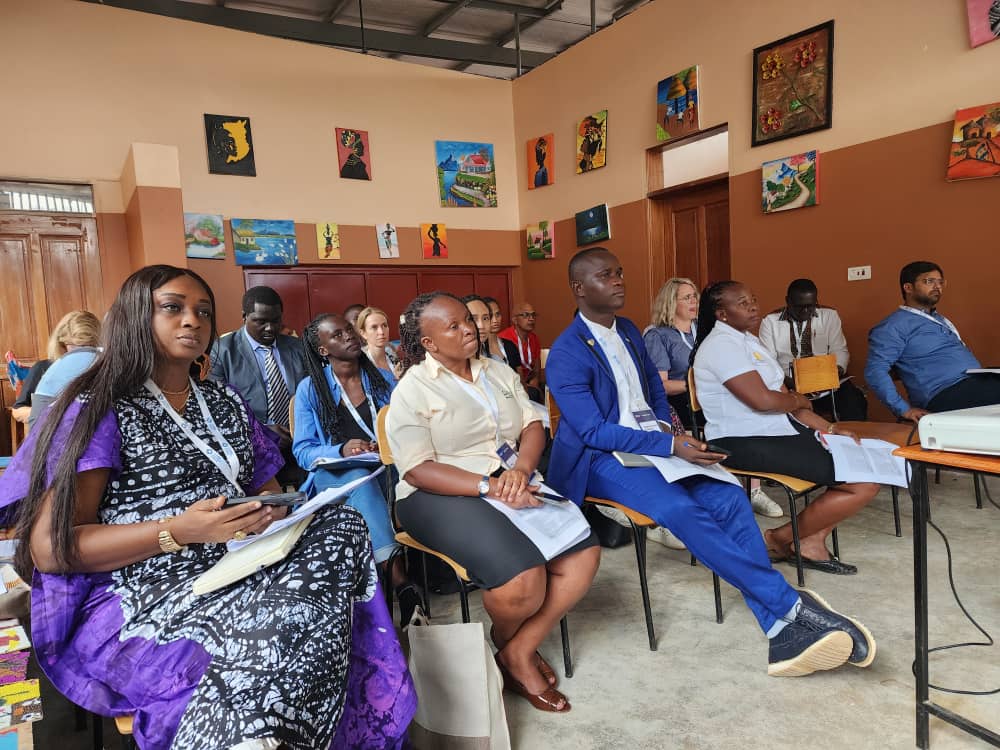
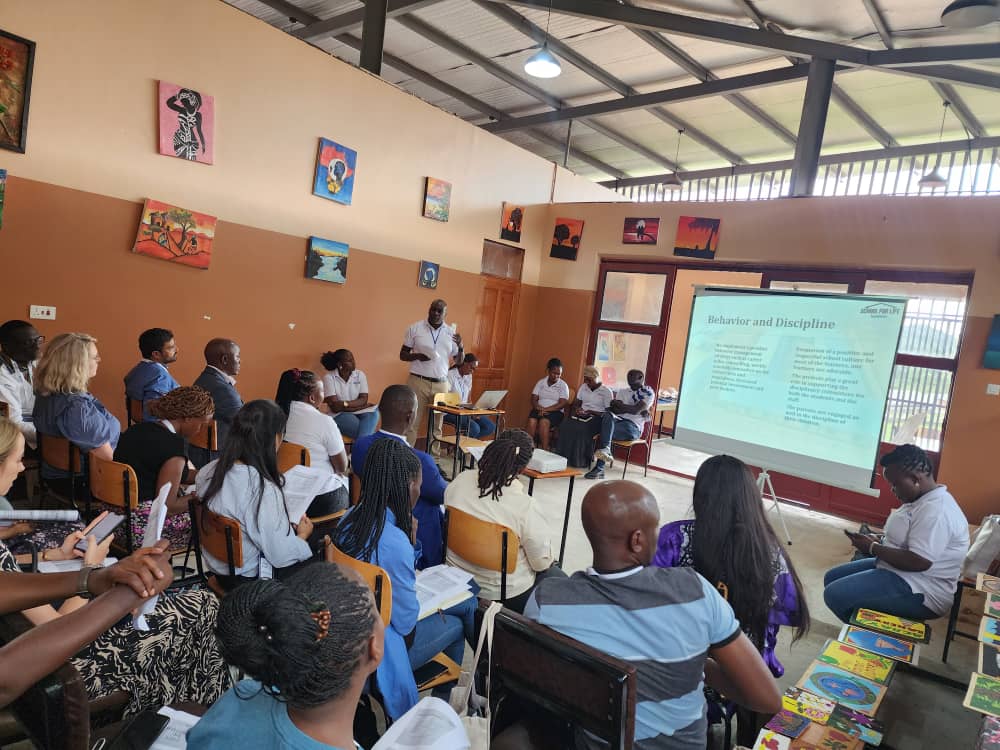
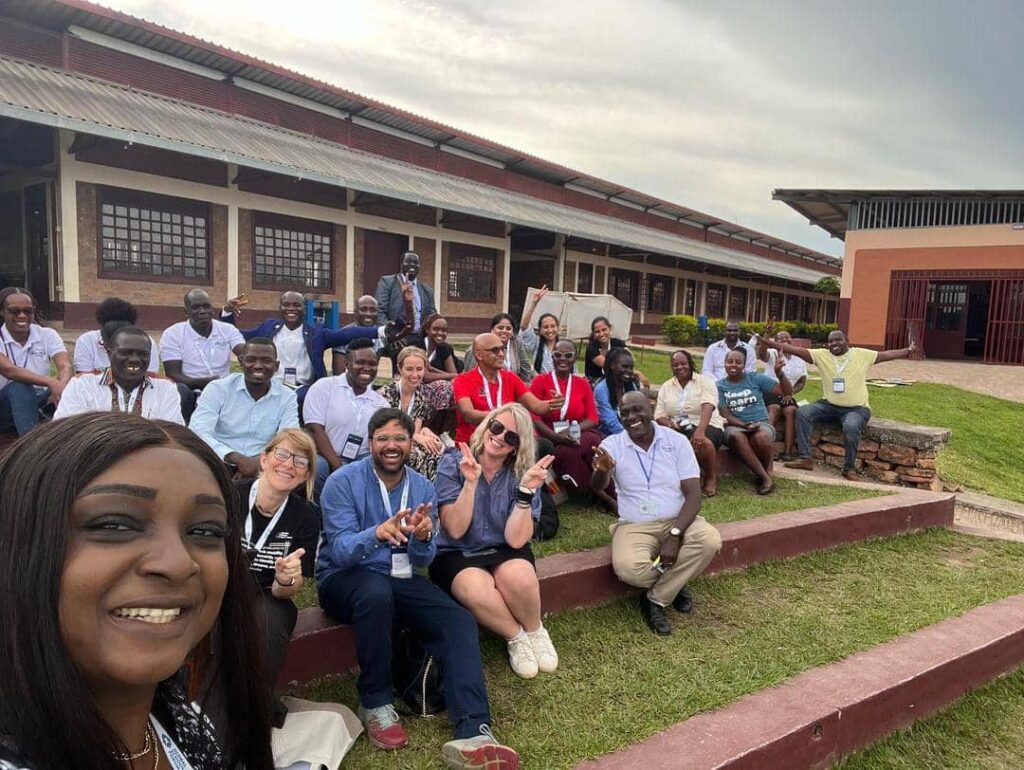
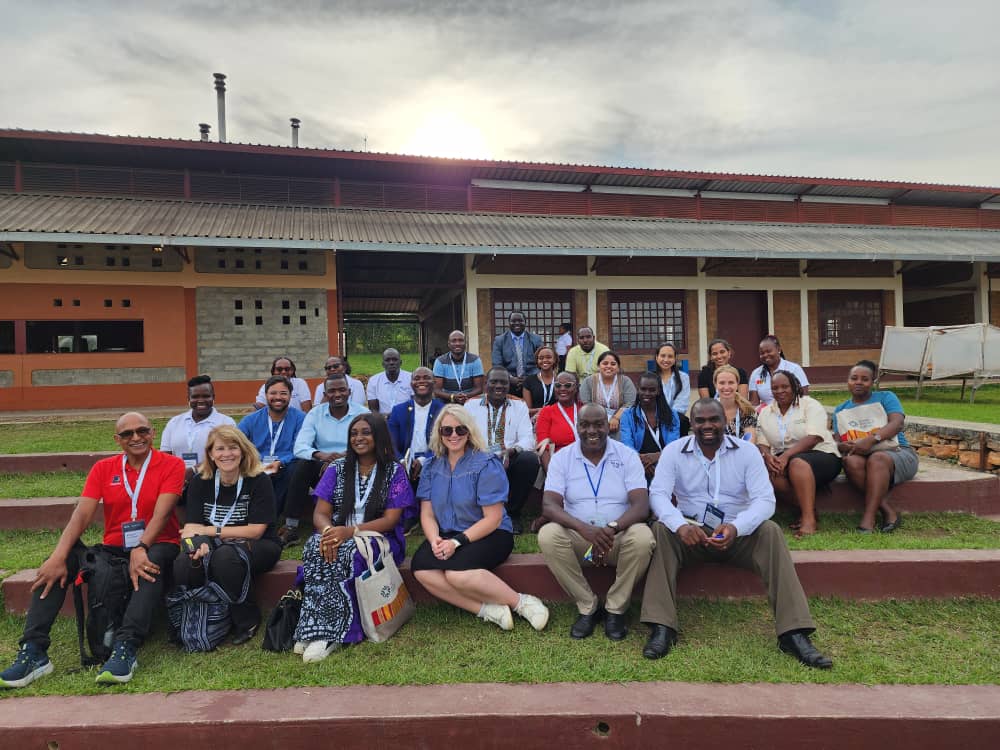
Reflections and the Way Forward

Juxtaposing Nigeria’s education context and the work of SEED Care & Support Foundation with all that experienced at the Uganda Secondary Education Study Tour, all that kept coming to mind is how challenges of African countries seem not to be too far from each other. The Study Tour (school visits + panel sessions + class exercises) really provided insight into public policy, education funding and non-state actors working towards bringing about a change in Uganda’s secondary education landscape.
Witnessing the amazing work that Building Tomorrow , PEAS (Promoting Equality in African Schools) and School for Life Foundation are doing on the ground for the children, communities and the entire education ecosystem in Uganda, was truly inspirational.
We are grateful to Global Schools Forum for organizing this enriching experience and we are continuing these conversations and collaborative efforts to strengthen secondary education so that it delivers more for young people. In addition, we are also definitely organising a Study Tour for the SEED Secondary School Community of Practice to give them the kind of experience we had in Uganda. Real life experience beats classroom case studies anytime ….
One thought on “Study Tour: Reflections from Global Schools Forum Secondary Education Tour in Uganda”